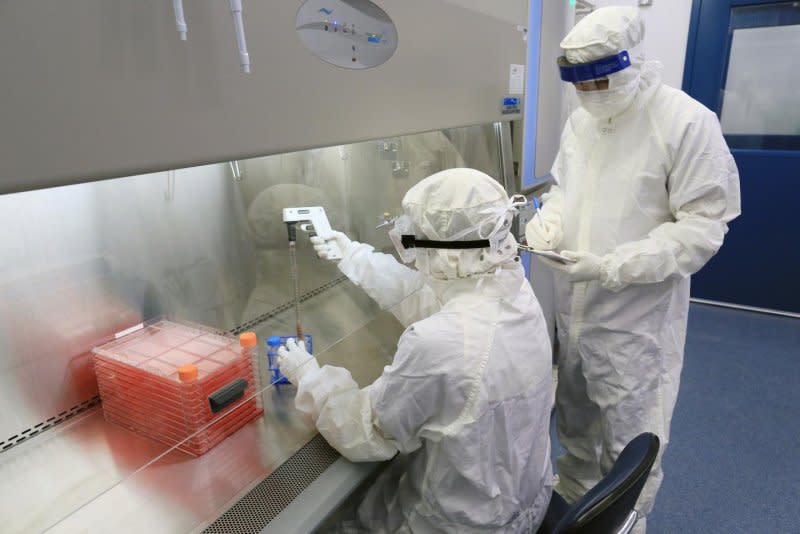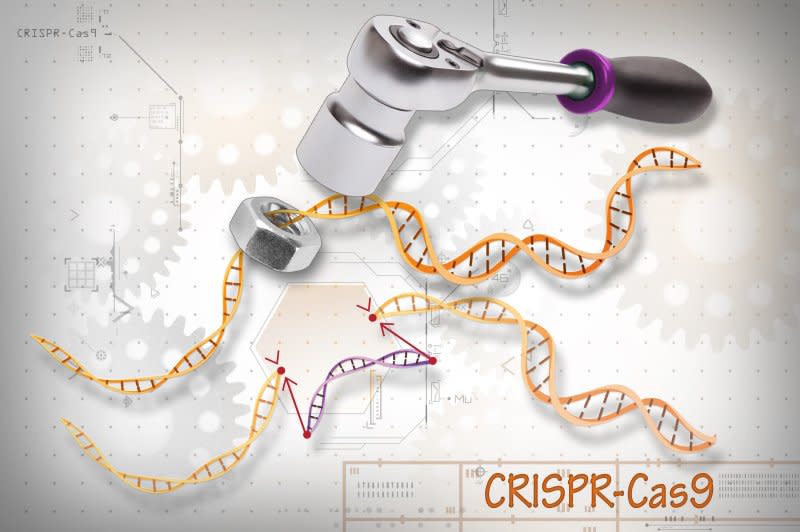FDA approves first human gene editing therapy for sickle cell disease

Dec. 8 (UPI) -- The Food and Drug Administration on Friday approved a new sickle cell disease treatment using the CRISPR genome editing technology. It's the first approved human gene editing therapy.
The FDA said Casgevy and Lyfgenia are the two milestone cell-based gene therapies approved for sickle cell treatment. Sickle cell disease affects approximately 100,000 people in the United States.
"Gene therapy holds the promise of delivering more targeted and effective treatments, especially for individuals with rare diseases where the current treatment options are limited," the FDA's Dr. Nicole Verdun said in a statement.
She added the FDA is "excited to advance the field especially for individuals whose lives have been severely disrupted by the disease by approving two cell-based gene therapies."
Sickle cell disease is caused by a mutation in hemoglobin, a protein in red blood cells that delivers oxygen to the body's tissues.

The inherited blood disorder disease is most common in Black Americans but also affects Hispanics.
The mutated cells have a sickle shape, as seen under microscopes. They restrict blood flow, limiting oxygen delivery in the body.
Casgevy is the first FDA-approved therapy using CRISPR and is used to modify hematopoietic (blood) stem cells.
Lyfgenia uses a gene delivery vehicle for gene modification. It alters the patient's blood stem cells to produce a gene-derived hemoglobin. When added to red blood cells, that hemoglobin lowers the risk of sickling, according to the FDA.
"These approvals represent an important medical advance with the use of innovative cell-based gene therapies to target potentially devastating diseases and improve public health," said the FDA's Dr. Peter Marks in a statement.
Due to the multi-million dollar cost and limited number of medical facilities authorized to provide the new treatment, sickle cell patients face obstacles getting the treatment even after FDA approval. So only a small number of sickle cell patients are expected to get the treatment.
"We really have to make sure that it is accessible," said the Cleveland Clinic's Dr. Rabi Hanna. "This could be an equalizer for people with sickle cell because many patients cannot pursue career options" because of the illness.
Jennelle Stephenson of Cleveland, Tennessee was the first person to get sickle cell gene therapy in 2017. She suffered intense episodes of sickle cell pain and couldn't quite believe the results of the therapy.
"It's been one incredible journey of success for me," she said.
In a statement from the White House late Friday, President Joe Biden lauded the breakthrough.
"As we've seen throughout our history, when the U.S. government invests in innovation, we can achieve breakthroughs that would otherwise be impossible, and save and improve lives on a vast scale," Biden said.
He went on to say the announcement also "represents the power of medical innovation to improve Americans' lives. This significant medical advancement holds tremendous promise for developing additional life-saving treatments and it gives hope to the millions of Americans who live with other rare diseases."

